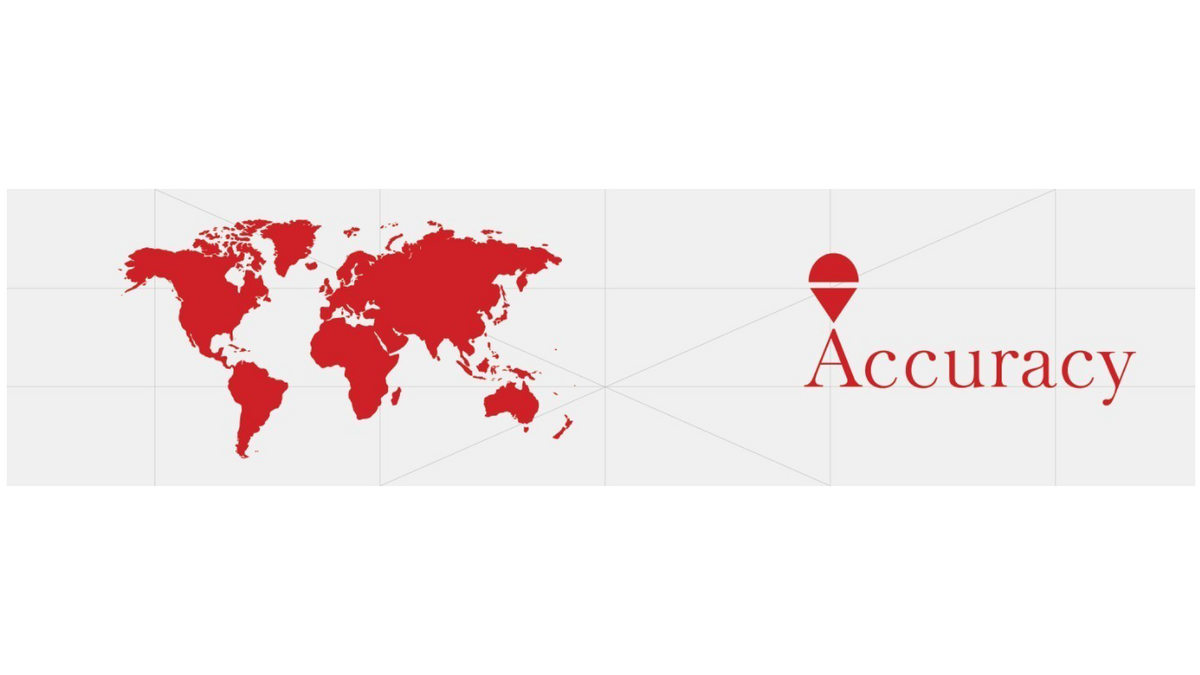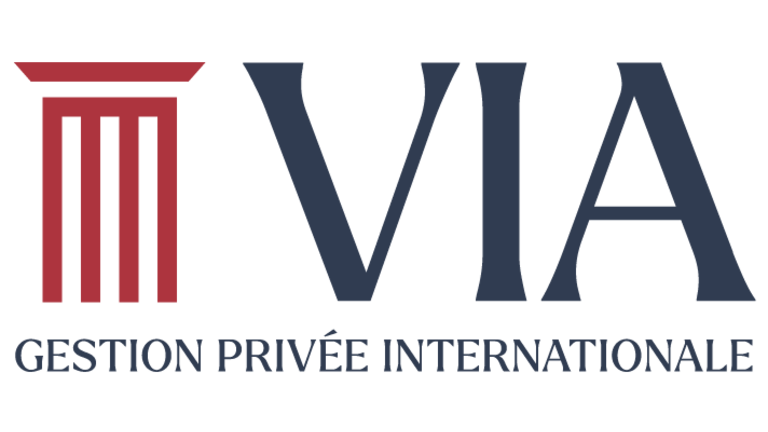Actualités • Membres
Construction – an industry vulnerable to corruption?

Global Forecast for Construction report 2021[1] forecasts that by 2030 the volume of construction output will grow to US$15.5 trillion worldwide.
This is despite current workforce shortages in markets, particularly those reliant on migrant labour. It has particularly affected construction markets in the Middle East due to the COVID-19 pandemic travel restrictions. With this easing, they expect to see the return of the migrant workforce.
Previously, much of the Middle East’s construction market concentrated on supporting the oil sector. However, as countries move away from fossil-based energy, new oil sector infrastructure investment has become far less critical. Saudi Arabia’s Vision 2030[2] is an essential illustration of Middle Eastern countries, response to this global shift. Building this new economy will necessitate vast construction investment.
On the other hand, the MDPI report[3], ‘Corruption in Construction Projects’, states, “Corruption has been identified as a major problem in construction projects. It can jeopardize the success of these projects.” Malpractices like extortion, bribery, and fraud in construction projects can have a damaging effect on developing as well as developed countries.
The COVID-19 pandemic significantly shifted most people’s business behaviour and work arrangements. Dishonesty and corruption seriously affected various businesses, and those within construction are particularly vulnerable. Governments and industries are seeking to combat corruption to improve the quality of products and services and avoid missing business opportunities. For example, in May 2021, together with the Special Investigating Unit (SIU), the South African government launched the Infrastructure Built Anti-Corruption Forum (IBACF), a multi-sector body set up to thwart, fight fraud and corruption in the infrastructure and construction sectors[4]. Effective proactive and reactive internal investigative capabilities are required to detect and prevent corruption.
Why investigate corruption in construction?
An internal investigation starts when credible information may have raised wrongdoing, misconduct, or ethical questions. Investigations may also be fitting where there have been allegations from or against third parties, and they aim to exclude the probability of wrongdoing occurring within the organization.
An organization’s response to corruption accusations can pose legal, governance, financial or reputational risks. The reaction to allegations of corruption needs to be rapid and effective. It can be a complicated process for an organization, particularly if they do not have the requisite investigative capabilities, e.g. digital forensics specialists, interviewing skills, time, policies, procedures, processes, best practices, and do not follow or understand investigative best practices.
How big is the problem?
The risk of corruption may be even higher in the current financial environment of constricted tender margins and reduced workloads. Some service providers and contractors may participate in practices they would not customarily adopt to stay in business. Any organization engaging in corrupt practices risks substantial reputational damage and monetary penalties. For example, among construction industry-related firms involved in relatively recent enforcement actions in 2022, Tenaris, a Luxembourg-based steel pipe manufacturer, paid $78 million to settle a US Securities and Exchange Commission (“SEC”)[5] investigation into alleged bribery of Brazilian government officials.[6] Not just for the penalties, it will be a significant driver for construction companies to ensure they do all they can to eradicate corruption within their organization and supply chain.
A fundamental problem is the amount of administration involved in construction, which can render organizations vulnerable to corruption. Projects frequently require copious licenses and permits, each providing an opening for theft, bribery, and more. Sub-contracting can also add to the problem as the multifaceted chains of transactions between different organizations can make control measures difficult to implement and likely increase opportunities for wrongdoing. It was recently evidenced in May 2022, when the Hensel Phelps Construction Company agreed to pay $2.8 Million to resolve allegations that it improperly manipulated a federal subcontract designated for a business owned and operated by a service-disabled veteran.[7]
Such openings for corruption will not be diminished because of the Covid pandemic, as evidenced in a survey[8] conducted by the Chartered Institute of Building (CIOB) and its Global Construction Review publication. In the survey completed by more than 500 construction professionals from around the world, including Qatar, Saudi Arabia, Singapore, and the United Arab Emirates (UAE), 56% of survey respondents confirmed that their organizations intended to keep all or some of their sites open and 92% of construction professionals said they expected their business to survive the pandemic.[9]
In his Contractors, Health and Safety Assessment Scheme (CHAS) blog[10], Alex Minett, the Head of Products and Market, points out that construction corruption is regrettably due to the actual nature of business operations and procurement procedures in the industry. This deep-seated problem has a lot of history behind it, which is why it is challenging for businesses to overcome.
Corruption looks different in every organization and supply chain, so it is not always easy to spot. In some cases, those involved can hide corruption so well that there are almost no identifiable signs. However, there will usually be a few subtle indicators that corruption may be an issue within your business and different ways to prevent or identify it.
Where do you start?
Businesses face scrutiny when responding to and handling allegations of corruption. This is primarily due to the disruption caused by the pandemic, the war in Ukraine, and a high-inflation environment, which has made the threat of fraud more concrete, the Chartered Institute of Internal Auditors said.[11]
The Institute says there are “perfect conditions” for fraud to flourish and warns that the temptation, motivation and opportunity for fraud are never more significant. It warns fraudsters will take advantage of the situation using “ever more sophisticated tools to commit their crimes.”
The Global Infrastructure Anti-Corruption Centre states: “There is no international legal definition of corruption. In its narrowest sense, corruption is interpreted as referring to bribery only. In its wider sense, corruption includes bribery, extortion, fraud, cartels, abuse of power, embezzlement, and money laundering. These activities will normally constitute criminal offences in most jurisdictions although the precise definition of the offence may differ.”[12]
Therefore, a practical investigation process will protect the interests of the accused, the business and its stakeholders. The anti-corruption programme is designed to be used by all organizations, including, but not limited to, contractors, consulting engineers, and any organizations providing equipment, materials, work or services.[13]
A person who was not involved in the issue should carry out any investigation. It could be the risk manager, a member of the legal team, another appropriate manager or a suitably qualified third party. The person investigating should be given relevant authority, resources and access by the board to enable the investigation to be effectively carried out. The investigation should promptly establish the facts and collect all necessary evidence, for example:
· Making enquiries to establish the facts;
· Collecting together all relevant documents, intelligence and evidence;
· Obtaining witness evidence and any physical exhibits;
· Securing electronic evidence in a forensically sound manner; and
· Where possible and practical, request reports on the issue to be made in writing, dated, timed and signed by the individuals making them.
An investigation does not simply uncover sufficient facts to justify a result or record somewhere that the incident occurred. In the first instance, an investigation is a fact-finding process that should fully and credibly determine what happened concerning a particular incident. This process aims to identify whether inappropriate conduct did or did not occur, the circumstances, who was involved, and whether a violation of law or company policy occurred. An investigation must be perceived as thorough, independent, analytical and timely.
Is an investigation necessary?
In the first place, organizations need to have an adequate investigative capability so that whistleblowing and other disclosures can be followed up (and be seen to be followed up) both effectively and diligently. Digital forensics and data analytics technology should help identify procurement and finance systems red flags.
By conducting an effective investigation, businesses can show their commitment to ethical culture and influence the workplace mentality. Employees at companies with a poor mentality are more likely to say they experience pressure to cheat than to observe wrongdoings. Businesses need to efficiently and effectively respond to allegations of corruption.
Effective investigations can help identify the relevance of the allegation, assess the potential impact on the business, and enable the organization to take corrective, educational, and remedial actions based on the intelligence and evidence gathered. Such efforts would allow improvements to be made to policies and procedures.
The result of an internal investigation hinges on whether the investigation process produces evidence to substantiate or disprove an accusation. Depending upon the findings, a business may need to update and/or create new policies, conduct supplementary staff training, act against specific offenders, or self-disclose to a regulator. A complete, well-documented investigation records the foundations for any formal continuation that it may necessitate.
How can Accuracy assist?
It should not be a drama. Accuracy has a unique team blend that can ease your pain. Our professionals have the investigative and construction-specific skills and experience to conduct a prompt, cost-effective and objective investigation whilst consistently applying the basic principles:
· Confidentiality – maintaining confidentiality is critical to the integrity of an investigation;
· Proper Mindset – no assumptions should be made; work on facts;
· Professionalism – integrity, fairness and diligence;
· Independence – free from apparent bias or conflict of interest;
· Competence – investigate and interview effectively;
· Objectivity and Impartiality – all information is reviewed and analyzed using known standards;
· Preventing retaliation – those who report misconduct and those who co-operate need to be protected; and
· Best Practices – investigations vary; ensure all remain fair and objective.
Our team will work closely with clients to understand investigation objectives, coordinate approaches, and use the appropriate resources. Through detailed inquiries and examinations, including leading analytic data techniques, our fully credentialed professionals will provide a means to establish the facts, evaluate implications, identify appropriate remedial actions, and communicate with the organization’s stakeholders, including regulators, law enforcement or external auditors.
We will assist legal counsel, boards of directors, audit committees, and management teams in understanding whether and how corruption has occurred. We will explicitly and expressly manage the investigative approach to meet the client’s requirements.
[1] https://resources.oxfordeconomics.com/hubfs/Future%20of%20Construction_Full%20Report_FINAL.pdf
[2] https://www.vision2030.gov.sa/media/rc0b5oy1/saudi_vision203.pdf
[3] https://www.mdpi.com/2071-1050/13/8/4400/pdf?version=1618475353
[4] https://www.gov.za/speeches/minister-patricia-de-lille-infrastructure-build-anti-corruption-forum-ibacf-16-sep-2021
[7] https://media.defense.gov/2022/Jun/01/2003009356/-1/-1/1/220512_CONSTRUCTIONCOMPANYAGREESTOPAY2.8MILLIONTO_FINAL_20220519_508.PDF
[8] https://www.surveymonkey.co.uk/r/16aprilconstructcovid
[9] https://www.pbctoday.co.uk/news/planning-construction-news/construction-professionals-covid19/76838/
[11] https://www.iia.org.uk/policy-and-research/research-reports/fraud-report/


